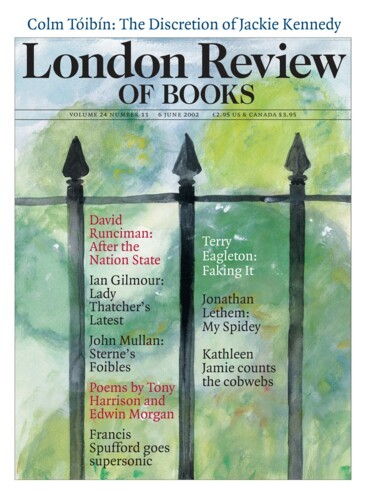This is not the Great Hungarian Plain
But I can be almost content here in Turin
Watching the sparrows at their dust-baths and the sun
Splashing new factories with bright hard light –
It goes, this place, it hums, it buzzes, capital
Of Italy’s long-sought unity, ex-French
As Hungary is oh, not yet, ex-Austrian!
The Danube can only flow through my dreams.
It feeds a forest of forty years exile
In my nightmares. My dreams are nightmares.
Wake up! the bell says as the pigeons scatter.
Coffee (not as good as Turkish, but still –)
And I am writing in a book, at my window.
What I record is at least mine,
A man of this time,
I lay it on the line.
The lost republic had a President
In its brief life; I was that President
Till Slav and Teuton squeezed that brief life out
And I was squeezed even of my citizenship
Of the land I was born to, an exile, a wanderer.
Turks were good to me, Americans, English,
Scots, and now Italians, but longings
Are inextinguishable, exact, and sad.
Who does not know Hungary? I spoke
To many thousands, pleading for hope.
I worried them like a dog with a bone.
My black beard grew grey as some seeds were sown
For Magyar soul and Magyar home.
But for all my denouncing of empire and throne
The Emperor still sits on his throne.
What kept me going? Oh there were times,
Meetings that crackled like an open fire.
Glasgow was extraordinary, unforgettable.
Evening in Argyle Street, what a crush, what a mix –
Drunks and dandies, ladies swishing silks,
Such swearing, such spitting, such singing,
Such clouds of tobacco, such scents of Havana,
Such pushing to the wall, such grins and galoshes –
And once I got to the City Hall
Such a press of police expertly manhandling
A yell of youths and girls at the entrance
Eager to emulate the revolutionaries
Of ‘48, not so long ago – but inside
I mounted the platform before three thousand
Faces raised in patient expectation.
They were with me all the way; my tale
Was of freedom and oppression, the hopes of men.
For my small country, as for theirs,
The right to look after our own affairs,
Not louting low to the big battalions,
Must be and would be paramount.
Liberty is golden and eternal.
Would you see your children in chains?
– And then I crowned my peroration
By beckoning forward my two young sons,
Good-looking teenagers, who took a deep bow.
The audience went wild, cheering, clapping,
Standing, shouting, some of them in tears,
Shaking my hand as we left the hall.
Was it theatre? Some say I am a showman.
Well, there was theatre to come, oh yes.
I was buttonholed by a skelf of a man,
Smelling of whisky but lucid, intense,
Poet of sorts, clutching manuscripts.
I always speak to people, which in Glasgow
Is acceptable. His name was Macfarlan.
Did he like my speech, I asked him.
He said What is the use of independence
If you are living on potatoes and black bread?
I said What is the use of caviar
If it comes to you on a colonial plate?
He said All I want is three meals a day
Under a roof that won’t let in the rain.
I said That’s the sort of thing that pleases
Tyrants: keep the people cowed and sweet.
He said England is not exactly a tyrant.
I said Maybe not, but think about it.
Until the word Austro-Hungarian is obsolete
I shall never return to Budapest.
I am not touring Europe for social conditions.
He said Maybe you should be. I said Maybe,
But I’m not. I want my country first,
Then all the social changes that it needs.
I’ve seen the tombs of Washington and Burns.
He frowned, gave me a pamphlet, hurried off.
I close my book and put away my pen.
Memory has flooded every creek and crack
Till I sit back and let myself be carried
Into a dark so far that at the last
I hardly hear the storm outside
Coming to test my shaking glass,
The shutter and its hasp.
But I do hear it, rise, and make all fast.
Send Letters To:
The Editor
London Review of Books,
28 Little Russell Street
London, WC1A 2HN
letters@lrb.co.uk
Please include name, address, and a telephone number.

